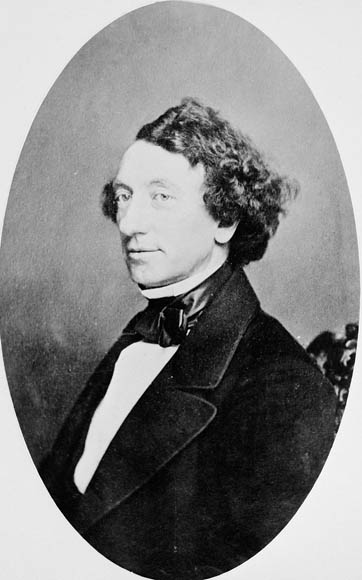 He was not a crusader with a mission. Equally he was not a rationalist who believed that government was a series of general objectives which could be attained by the application of timeless and universal rules. He thumped no tubs and banged no pulpits. He was far too concerned with the intricate details of concrete problems, far too interested in the curious and manifold complexities of human situations, to follow an ideal faithfully or to settle everything by scrupulous reference to a given set of rules. For him government was neither a quest for political justice nor an exercise in political arithmetic. Government was a craft, which one learnt chiefly by doing and by watching others do.... There were no text-books and no divine revelations. The craft had its traditions, its conventions, its techniques, its stock of forms and variations -- all of which were historical products. It found the raw material in the problems of a particular landscape and a particular people. It was the task of a politician to work within the tradition, and to respect the limitations and exploit the possibilities of the medium. He might remain a competent craftsman; he might become a great, creative artist. But he should never aspire to the alien roles of prophet, philosopher, or engineer....
He was not a crusader with a mission. Equally he was not a rationalist who believed that government was a series of general objectives which could be attained by the application of timeless and universal rules. He thumped no tubs and banged no pulpits. He was far too concerned with the intricate details of concrete problems, far too interested in the curious and manifold complexities of human situations, to follow an ideal faithfully or to settle everything by scrupulous reference to a given set of rules. For him government was neither a quest for political justice nor an exercise in political arithmetic. Government was a craft, which one learnt chiefly by doing and by watching others do.... There were no text-books and no divine revelations. The craft had its traditions, its conventions, its techniques, its stock of forms and variations -- all of which were historical products. It found the raw material in the problems of a particular landscape and a particular people. It was the task of a politician to work within the tradition, and to respect the limitations and exploit the possibilities of the medium. He might remain a competent craftsman; he might become a great, creative artist. But he should never aspire to the alien roles of prophet, philosopher, or engineer.... Within two years of accepting an important office in government, he had been compelled to take up the most basic of all Canadian problems, the problem of survival against the imperialist designs of the United States; and for the next fifteen years this was a problem which left him undisturbed for only the briefest of intervals.
-- Donald Creighton, John A. Macdonald: The Young Politician (1952), #31 in The LRC 100: Canada's Most Important Books. 1856 image: Library and Archives Canada, from the collection Sir John A. Macdonald, Canada's Patriot Statesman






